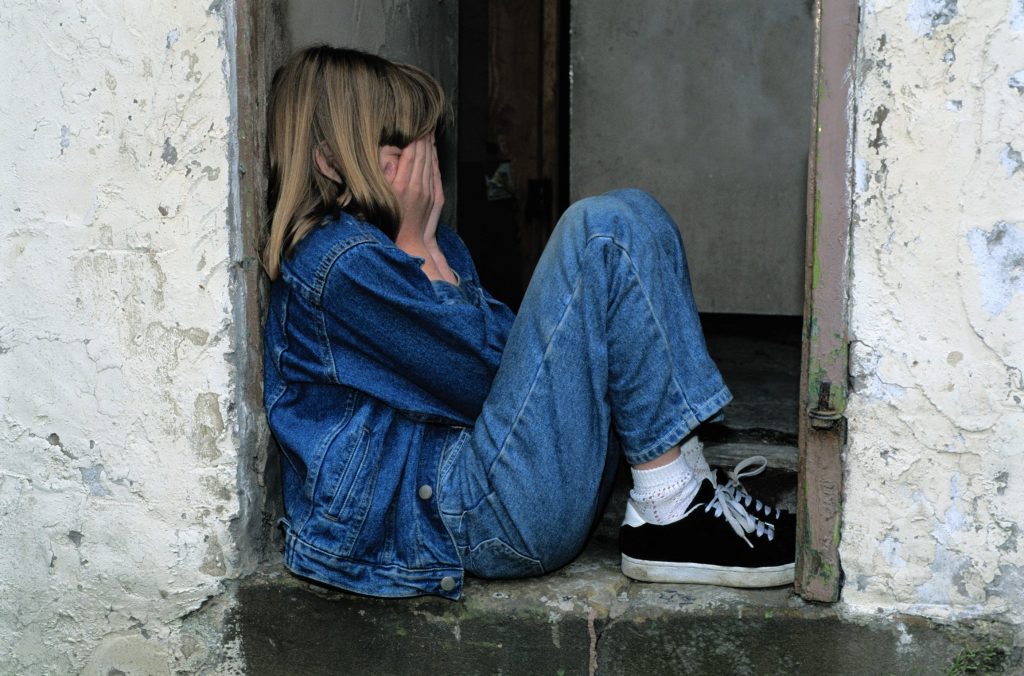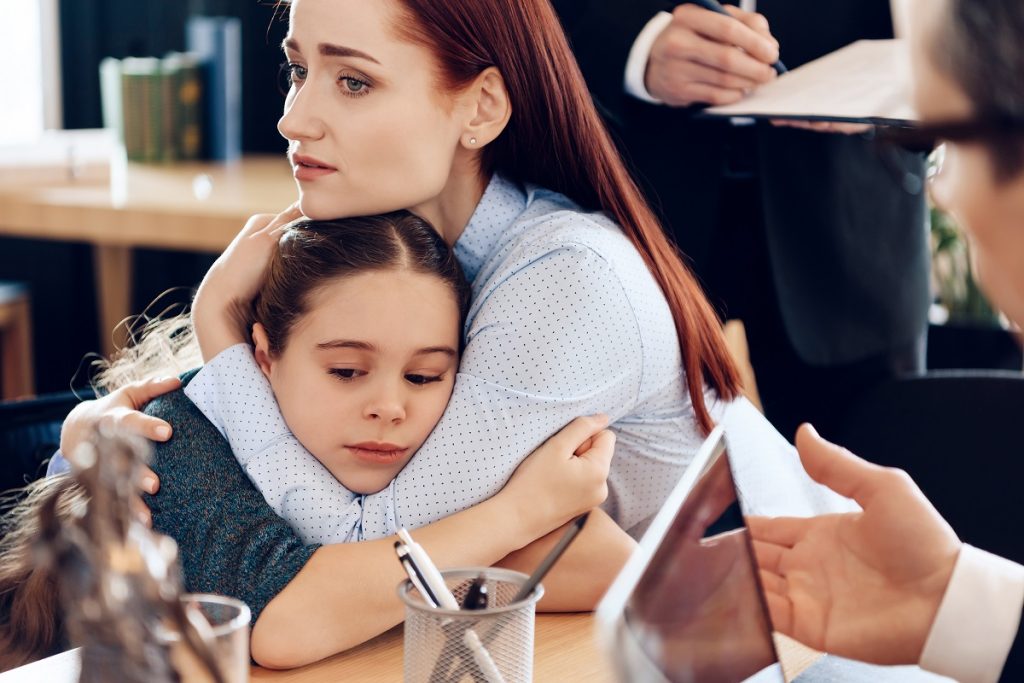- The US sees a high frequency of divorces, causing emotional, routine, and financial disruption for the children involved.
- Divorce significantly affects children emotionally, often leading to sadness, anger, confusion, and behavioral changes.
- Routine changes post-divorce can cause discomfort and anxiety, highlighting the need for maintaining a stable environment.
- Financial upheaval and transformed parent-child relationships are additional concerns that kids of divorcing parents face.
- Despite the challenges, children’s negative responses to divorce can be mitigated through honest communication, reassurance, and professional support.
Divorce is a tough decision to make that affects not only the couple but their children as well. It is crucial to be aware of how divorce can affect your children’s lives so that you can make informed decisions about how to handle the situation. Here’s what you need to know about the impact of divorce on children.
Divorce in The U.S.
It’s estimated that there were 689,000 divorce cases in the country this year. This statistic highlights that divorce is a common occurrence in the United States. Divorce can be a challenging and emotional process, not just for the couple but also for their children. According to various studies, divorce can have long-lasting effects on children’s mental and emotional well-being.
How Does Divorce Affect Children?
Divorce can affect children in various ways. Here are some of those ways:

1. Emotional Impact
One of the most common ways that divorce affects children is through their emotions. Children may experience sadness, anger, disappointment, and confusion when their parents separate. These feelings can manifest in various ways, including changes in behavior, sleep patterns, and school performance. It is essential to acknowledge your child’s feelings and provide emotional support to help them cope.
2. Changes in Routine
Divorce can cause significant changes in a child’s routine. This can include changes in living arrangements, school, and extracurricular activities. These changes can be challenging for children and may cause them to feel anxious and uneasy. To help ease the transition, it is essential to maintain a consistent routine as much as possible, provide structure, and involve your child in decisions about their new living situation.
3. Financial Impact
Divorce can also have a significant financial impact on children. Depending on the circumstances, children may have to adjust to a lower standard of living or changes in their financial support. This can be particularly challenging for children who rely on their parents for financial stability. It is important to be transparent with your children about their financial situation and to reassure them that their needs will be met.
4. Changes in Parent-Child Relationship
Divorce can also affect the parent-child relationship. Children may feel caught in the middle or develop loyalty towards one parent over the other. It is essential to maintain a positive and healthy relationship with your child and to avoid speaking negatively about their other parent. Encourage your child to spend time with both parents and to maintain open communication.

5. Long-Term Impact
Divorce can have a long-term impact on children. Research suggests that children who experience divorce may be more likely to struggle with mental health issues, substance abuse, and academic difficulties in the future. However, it is important to note that not all children experience these difficulties and that the impact of divorce varies from child to child. To mitigate the long-term impact on your child, it is important to provide consistent support, open communication, and access to resources such as counseling if needed.
Ways to Help Your Children Deal With The Divorce
Thankfully, there are steps you can take to help your children deal with the divorce. These include:
Get Proper Custody
It’s important that your children get the right custody they need. To do this, you must hire an experienced custody lawyer to represent your case during a custody trial. An experienced lawyer will help you get the best possible outcome for your children. They can also assist you in navigating the legal process and ensuring that your children’s best interests are always a top priority.
Be Honest
It may be tempting to hide the reasons for the divorce from your children, but it’s important to be honest with them. Depending on their age and maturity level, provide them with age-appropriate explanations about why the divorce is happening. This can help prevent feelings of confusion and anger towards their parents.
Reassure Your Children
Divorce can be scary for children, especially if they are young. It is crucial to reassure them that the divorce is not their fault and that both parents still love them. Remind them that even though things may change, you will always be there for them.
Seek Support
Divorce can be a challenging and emotional experience for both children and parents. It is essential to seek support from family, friends, or even a therapist. This will help you cope with the changes and provide a stable environment for your children.
Divorce is a difficult process that has a significant impact on everyone involved, especially children. However, by being aware of the potential effects and taking proactive steps to support your children, you can help them navigate this challenging time. Remember to prioritize their well-being and provide a loving and stable environment for them to thrive in.
